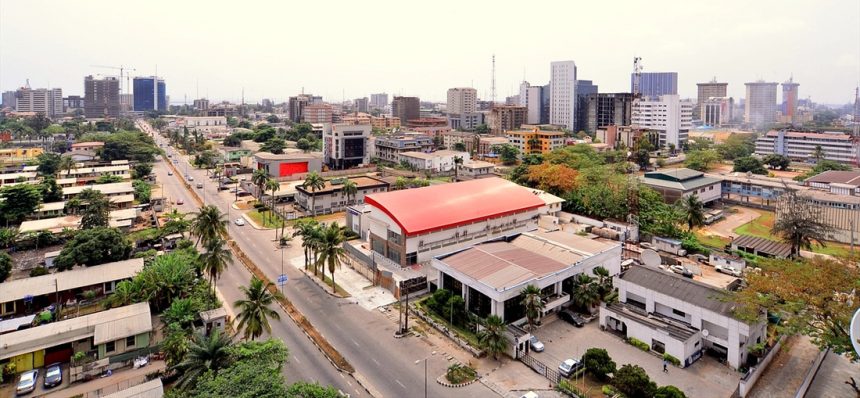The Nigerian real estate sector is on the brink of a significant transformation as the Federal Government takes bold steps to establish a Real Estate Regulatory Authority. This initiative aims to enhance transparency, accountability, and professionalism in the industry.
Government Commitment to Housing Reforms
Minister of Housing and Urban Development, Ahmed Dangiwa, announced this development during a high-level retreat in Lagos. The event brought together key stakeholders to discuss the future of housing and urban development under the Renewed Hope Agenda.
The Federal Ministry of Housing and Urban Development organized the retreat, providing a platform for industry experts, policymakers, and agency heads to evaluate the sector’s progress. Discussions focused on addressing critical challenges and exploring new strategies for sustainable growth.
Strengthening Regulatory Oversight
Stakeholders emphasized the need for stronger regulatory oversight to eliminate fraudulent practices, boost investor confidence, and create a more structured real estate market. Minister Dangiwa confirmed that the ministry is working closely with the National Assembly and other stakeholders to lay the groundwork for the Real Estate Regulatory Authority.
He also commended Abdulmumini Jibrin, Chairman of the House of Representatives Committee on Housing and Habitat, for his commitment to real estate reforms.

Increased Budgetary Allocation for Housing Development
As part of broader efforts to revamp the sector, the National Assembly has secured an additional N50 billion for the ministry’s 2025 budget. This financial boost follows an earlier proposed budget cut by the Budget Office. The reinstatement of funds underscores the government’s commitment to addressing Nigeria’s housing deficit.
According to Dangiwa, the additional funding will not only create more jobs in the construction industry but also help clear inherited liabilities, ultimately stimulating economic growth.
Progress in Housing Development
Determined to achieve tangible results, Dangiwa assured stakeholders that the ministry is focused on overcoming past setbacks. He highlighted that despite previous challenges, the current administration is implementing solutions to ensure lasting benefits.
In just 19 months, the ministry has initiated 14 active construction sites for a total of 10,112 housing units, many of which are nearing completion.
Advancements in Land Registration and Titling
The ministry has also made strides in land registration through the National Land Registration and Titling Programme, in collaboration with the World Bank. This initiative is streamlining land ownership processes, making property acquisition easier for Nigerians.
The World Bank is set to hold its second technical session on the program in March 2025. Additionally, land administration reforms are in progress to simplify property ownership, enabling Nigerians to acquire legal titles to their land and homes.
Strengthening Key Housing Institutions
Efforts are also underway to strengthen key institutions such as the Federal Mortgage Bank of Nigeria (FMBN) and the Federal Housing Authority (FHA). Policies are being implemented to enhance their efficiency and overall impact on the housing sector.
Legislative Support for Housing Development
During the retreat, Senator Aminu Tambuwal, Chairman of the Senate Committee on Lands, Housing, and Urban Development, emphasized the need for increased funding for housing projects. He reaffirmed the Senate’s commitment to recapitalizing the Federal Mortgage Bank and repositioning the FHA through adequate budgetary allocations.
Tambuwal also highlighted efforts to reinstate FHA in the federal budget. This move would enable it to replicate landmark housing projects such as FESTAC Town and Gwarimpa Estate.
Similarly, Abiante Awaji, Chairman of the House Committee on Regional Planning and Urban Development, called for a multi-sectoral approach to tackling housing sector challenges. He advocated for the reintroduction of technical education to bridge the skill gap in the construction industry. Awaji emphasized collaboration with the Ministry of Education and assured stakeholders that the National Assembly remains committed to aligning housing policies with President Bola Ahmed Tinubu’s Renewed Hope Agenda.
Future Outlook
With these comprehensive reforms on the horizon, stakeholders are optimistic that the establishment of a Real Estate Regulatory Authority will sanitize the sector, boost investor confidence, and provide millions of Nigerians with better access to affordable housing.
As the government moves forward with its ambitious plans, the success of these initiatives will depend on effective implementation strategies. All eyes are now on the next steps in transforming Nigeria’s real estate landscape.



